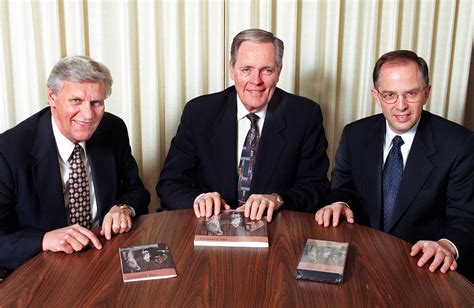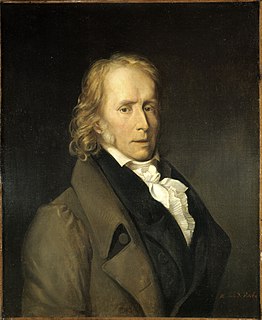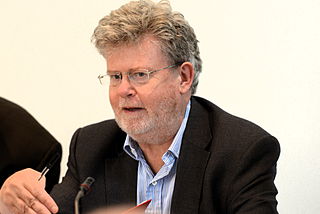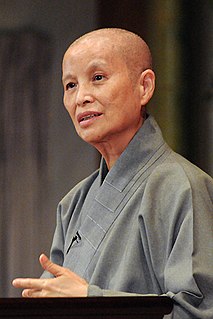A Quote by Joan D. Chittister
Compassion for the other comes out of our ability to accept ourselves. Until we realize both our own weaknesses and our own privileges, we can never tolerate lack of status and depth of weakness in the other.
Related Quotes
To lack confidence is to have feelings of low self-worth. We are preoccupied with our weaknesses, and we lack faith in the Lord's ability to use those weaknesses for our good. We do not understand our inestimable worth in the eyes of God, nor do we appreciate our divine potential. Ironically, both pride and a lack of self-confidence cause us to focus excessively on ourselves and to deny the power of God in our lives.
Vulnerability is not weakness, and the uncertainty, risk, and emotional exposure we face every day are not optional. Our only choice is a question of engagement. Our willingness to own and engage with our vulnerability determines the depth of our courage and the clarity of our purpose; the level to which we protect ourselves from being vulnerable is a measure of our fear and disconnection.
As long as you and I understand salvation as checking off a box to get to God, we will find ourselves in the meaningless sea of world religions that actually condemn the human race by exalting our supposed ability to get to God. On the other hand, when you and I realize that we are morally evil, dead in sin and deserving of God's wrath with no way out on our own, we begin to discover our desperation for Christ.
Education is the proper way to promote compassion and tolerance in society. Compassion and peace of mind bring a sense of confidence that reduce stress and anxiety, whereas anger and hatred come from frustration and undermine our sense of trust. Because of ignorance, many of our problems are our own creation. Education, however, is the instrument that increases our ability to employ our own intelligence.
This is another lie. We are only seeking Man. We have no need of other worlds. A single world, our own, suffices us; but we can't accept it for what it is. We are searching for an ideal image of our own world: we go in quest of a planet, a civilization superior to our own but developed on the basis of a prototype of our primeval past.
Our weaknesses are always evident, both to ourselves and others. But our strengths are hidden until we choose to reveal them--and that is when we are truly tested. When all that we have within is exposed, and we may no longer blame our inadequacies for our failure, but must instead depend upon our strengths to succeed ... that is when the measure of a man is taken, my boy.
I think the Bhagavad Gita is about both the forces of light and the forces of darkness that exist within our own self, within our own soul; that our deepest nature is one of ambiguity. We have evolutionary forces there - forces of creativity, and love, and compassion, and understanding. But we also have darkness inside us - the diabolical forces of separation, fear and delusion. And in most of our lives, there is a battle going on within ourselves.

























